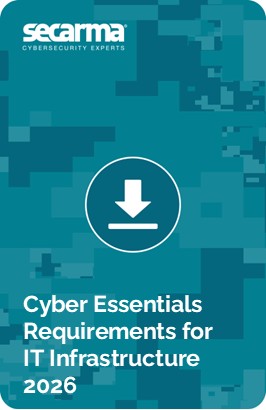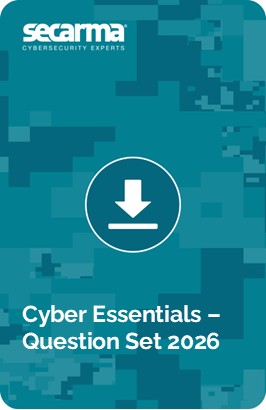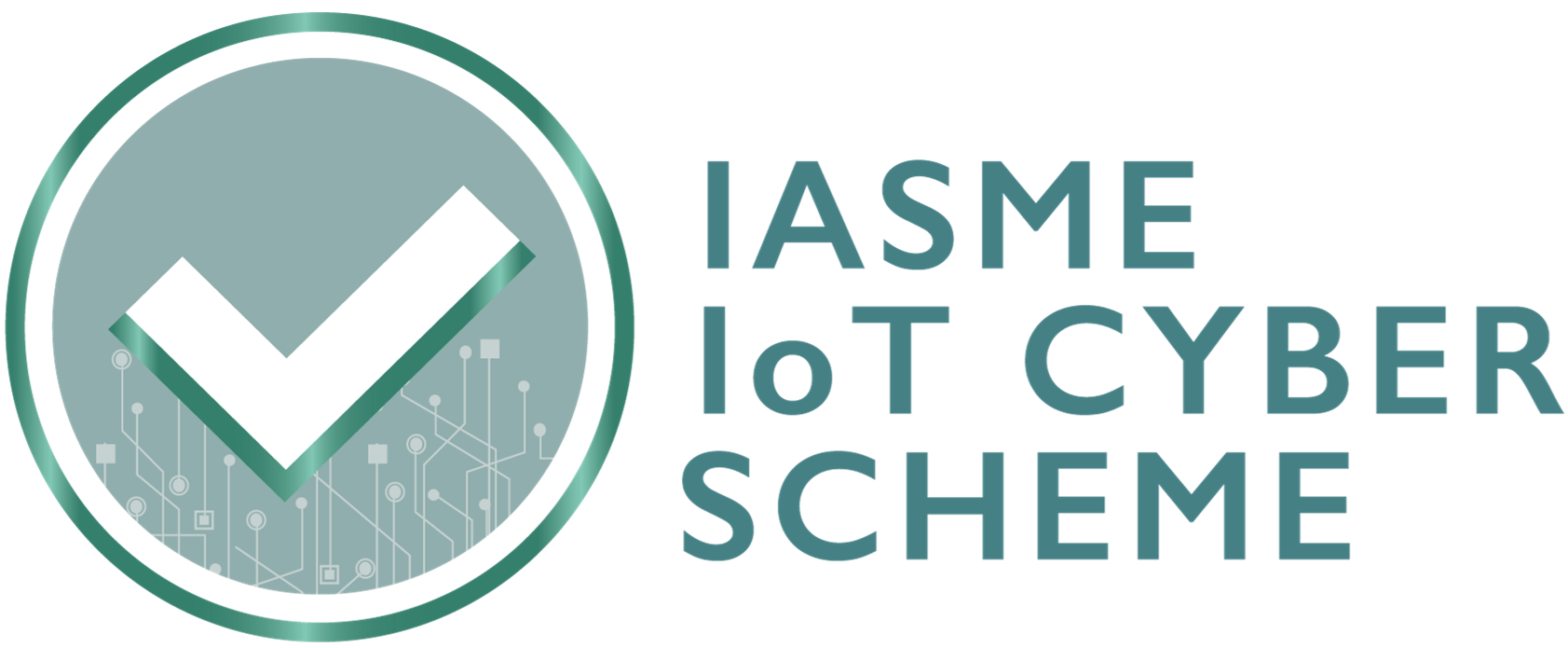Vulnerability Scanning
Detect and remediate vulnerabilities before they’re exploited.
Tell us your current cyber challenges
Vulnerability scanning is a foundational cybersecurity practice that enables organisations to uncover known weaknesses across their networks, systems, and applications—before attackers do. As new threats emerge and IT environments evolve, regular scanning provides critical visibility, allowing businesses to stay one step ahead.
At Secarma, we manage the full lifecycle of the scanning process. From configuration and execution to expert analysis and remediation support, we turn technical results into business-ready insights. Our reports highlight critical issues, prioritise based on risk, and guide you toward secure, measurable improvements. Whether you’re focused on compliance, operational resilience, or long-term threat reduction, our approach is designed to help you make smarter, faster security decisions.
Modern threats move fast, and the best way to stay ahead is to proactively identify and resolve vulnerabilities before they become entry points for attackers. Vulnerability scanning offers continuous visibility into your security posture and empowers your teams with the intelligence to act decisively.
It’s especially important for organisations that want to:
Proactively Reduce Risk
Detect and remediate vulnerabilities before they’re exploited—minimising the risk of costly breaches or downtime.
Meet Regulatory Requirements
Support compliance efforts for frameworks like GDPR, PCI-DSS, ISO 27001, and more with consistent, auditable scan evidence.
Maintain a Strong Security Posture
Regular scanning ensures you’re aware of the evolving risks across your environment, improving both defensive maturity and decision-making.


Save Time and Resources
Addressing vulnerabilities early is significantly more cost-effective than responding to incidents after a breach occurs.
Gain Expert Insight
Our consultants don’t just deliver data—they provide actionable advice, remediation steps, and context-specific recommendations to help you fix problems fast.
Reassure Stakeholders
Demonstrate a strong, proactive approach to cybersecurity to customers, partners, investors, and auditors alike.
Secure Your Web Presence: Comprehensive Web Application Penetration Testing


Launch Your App with Confidence, Operate Without Risk.

Secure, Standardised, and Compliant System Builds from Day One.

Secure the foundations of your business with expert-led testing.

Uncover Misconfigurations and Strengthen Your Cloud from the Inside Out.

Optimise Rules, Eliminate Blind Spots, and Strengthen Perimeter Defences.

Find and Fix Wireless Vulnerabilities Before Attackers Gain a Foothold.


Focused, goal-driven security assessments tailored to your organisation’s real risks.

Realistic threat actor behaviour modelled against your systems and detection capabilities.





















